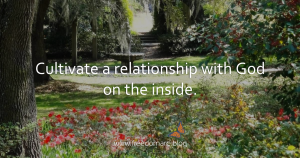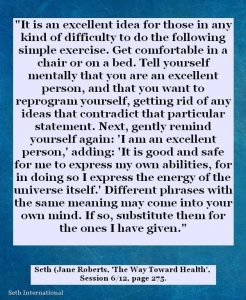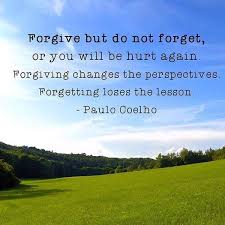 “The only beloved who can always be counted on is God. The ultimate partner is a divine one, an experience of ourselves that is totally supportive and forgiving. Until we know this, we keep seeking sustenance from men that they cannot give us.
“The only beloved who can always be counted on is God. The ultimate partner is a divine one, an experience of ourselves that is totally supportive and forgiving. Until we know this, we keep seeking sustenance from men that they cannot give us.
Most men and women today are wounded. The search for someone who isn’t in pain is unreasonable until we ourselves are healed of our own dysfunctions. Until then, we will be led to people as wounded as we are in order that we might heal and be healed together.
 What this means is that no partner can save us, deliver us, or give meaning to our lives. The source of our salvation, deliverance, and meaning is within us. It is the love we give as much as it is the love we get. The passion we most need to feed is our relationship to God. This is ultimately our relationship to ourselves.”
What this means is that no partner can save us, deliver us, or give meaning to our lives. The source of our salvation, deliverance, and meaning is within us. It is the love we give as much as it is the love we get. The passion we most need to feed is our relationship to God. This is ultimately our relationship to ourselves.”
A Woman’s Worth, Marianne Williamson, p. 83-84.













 “
“
